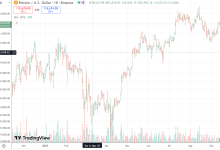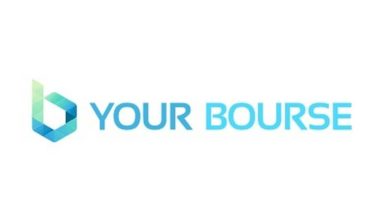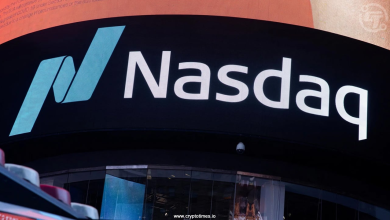Hyperliquid Founder Dismisses Claims of Revenue Prioritization


Hyperliquid founder Jeff Yan has dismissed claims that the decentralized derivatives platform prioritizes revenue over user experience. The remarks follow online discussions alleging that Hyperliquid’s recent on-chain activities were structured to generate profits for the protocol rather than benefit traders.
Yan called the allegations “FUD,” arguing that the criticism misrepresents the platform’s intent. He pointed to the October 10 Automated Deleveraging (ADL) event, which he said resulted in “hundreds of millions” in net user profits while maintaining market stability. “The event was built to enhance system efficiency and reduce risk exposure for traders,” Yan said, rejecting the notion that Hyperliquid’s mechanisms were designed to prioritize revenue collection.
Industry observers noted that the controversy reflects a broader tension within decentralized finance (DeFi) around balancing transparency, user protection, and protocol incentives. As DeFi projects continue to expand in scale and trading volume, questions about governance and fairness have become increasingly prominent.
Focus on transparency and on-chain verification
Hyperliquid, which operates as a fully on-chain perpetuals platform, has positioned itself as a counterpoint to centralized trading platforms. Yan emphasized that all trading activity on Hyperliquid is recorded and verifiable on-chain, allowing users to audit performance independently. He contrasted this model with the limited visibility offered by centralized platforms, some of which he claimed underreport liquidation data during market volatility.
While these comments were intended to reinforce transparency within DeFi, some analysts caution that the growing competition among on-chain platforms could lead to greater scrutiny of how protocols measure and communicate profitability. Industry experts suggest that user trust in on-chain data will be key to maintaining credibility in the increasingly crowded derivatives sector.
DeFi growth and market scrutiny
The debate over Hyperliquid’s operations comes at a time when decentralized platforms are viewing renewed growth in user activity. Rising interest in on-chain perpetuals and futures trading has brought increased attention from both traders and regulators. Analysts say the sector’s expansion has also revived concerns about whether DeFi platforms can maintain transparency while scaling profitably.
Market data shows that Hyperliquid’s trading volumes have risen steadily over recent months, placing it among the most active decentralized derivatives protocols. However, Yan’s comments suggest that the team is aware of the reputational risks associated with perceptions of profit-driven decision-making.
“Everything is on-chain, auditable, and provable,” Yan said in his defense, emphasizing that Hyperliquid’s structure leaves little room for hidden actions or off-chain manipulation. His remarks underline an ongoing effort within the DeFi ecosystem to distinguish transparent execution models from centralized systems that rely on internal reporting.
As the discussion around transparency and accountability in DeFi intensifies, Hyperliquid’s response highlights the growing importance of open verification in maintaining user trust. The outcome of such debates may influence how future decentralized trading platforms balance revenue generation with community confidence.







